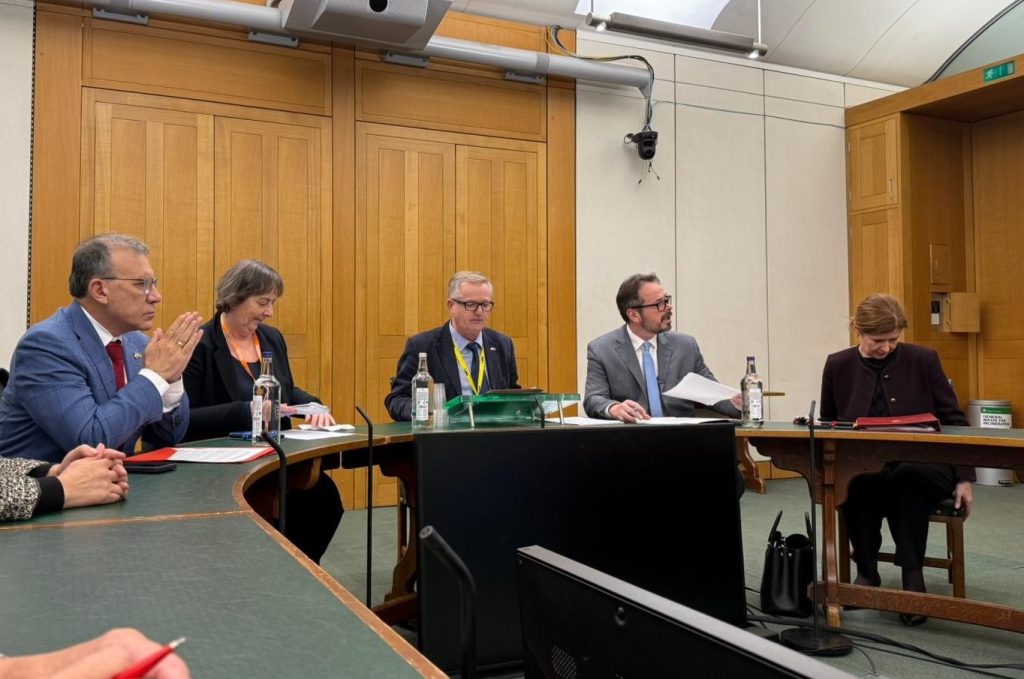Today, 24 November 2024, marks the eighth anniversary of the signing of the 2016 Peace Accord between the Colombian government and the Fuerzas Armadas Revolucionarias de Colombia – Ejército del Pueblo (FARC-EP). This historic agreement led to one of the biggest weapons laydowns in history, and one of the most impressive and complex peace processes globally.
The implementation plan for the Colombian Peace Accord has already reached the halfway mark of its proposed 15-year period. This is an ambitious timescale, even though the current government under President Petro has the political will to implement the Accord. The previous administration, elected in 2018, had led the No campaign against the Peace Accord and, as a result, much of the international funding for its implementation was directed elsewhere, diminishing the budget for the Peace Accord. Colombia is therefore delayed in its implementation plan, and this has resulted in increased violence and a growth in illegal armed groups and illicit economies.
According to the Kroc Institute, as of November 2023, 32% of the 578 stipulations in the Peace Accord had been fully implemented. However, 49% of commitments were either at a minimum level of implementation or had not yet started implementation, indicating that there is no evidence that they can be feasibly completed before the established 15-year deadline. Of the specific gender and ethnic stipulations, 68% and 74% were at a minimum level of implementation or had yet not been initiated, respectively.
Despite this previous hostility to the Peace Accord, aspects of it were implemented – in no small part due to the UN Security Council maintaining a strong focus on the Accord and Colombia, the work of the UN Verification Mission (UNVMC) in monitoring its implementation, and pressure from Colombian and international civil society organisations.
Recently, ABColombia had the pleasure of hosting a discussion with head of the UNVMC, Carlos Ruiz Massieu, alongside the All-Party Parliamentary Groups on Human Rights and Latin America. Mr Ruiz Massieu spoke about the successes and challenges of the implementation of the Peace Accord so far. On one hand, he stated that 80% of the progress made on land reform has been achieved in the last two years since Petro took office, yet on the other he highlighted the difficulty of implementation without effectively dealing with violent actors – something that Petro is trying to do under his ambitious Paz Total policy.
Under Carlos Ruiz Massieu’s leadership, the UNMVC has also been at the forefront of monitoring and verifying the implementation of key aspects of the Peace Accord, like the reintegration of former FARC-EP combatants – 80% of whom have now been successfully reintegrated into society according to Mr Ruiz Massieu.

Carlos Ruiz Massieu also reiterated the importance of UK support for the implementation of the Peace Accord. The UK plays a key role in relation to the UNMVC as it holds the Pen on this mandate. The UK also recently expanded this mandate to cover new peace processes that have started in Colombia under President Petro’s Paz Total Policy.
While the UK has historically supported the Colombian Peace Process through its various stages, it remains extremely important that this support is maintained as the new UK government gets underway, in order to ensure the success of one of the most complex peace processes in the world, and as a result, bring about a lasting and sustainable peace in Colombia.
